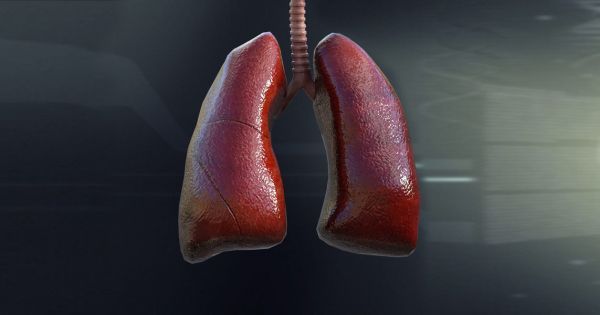In Brief
- Czech scientists have developed a 3D printed model of a functioning lung that can simulate real-life conditions like asthma and other chronic breathing problems.
- Their model could lead to new treatment options for those suffering from chronic obstructive pulmonary diseases, which claim more than 3 million lives every year.
3D printing is opening so many new doors in the medical field. The technology allows researchers and doctors to manipulate the finest design nuances of models as well as the properties of the materials used to build them. These 3D printed models of organs, bones, and other organic subjects are valuable tools for both students learning the basics and medical experts testing new treatments and conducting experimental research.
Now, Czech scientists from the Brno University of Technology have developed a 3D printed model of a functioning lung that can simulate real-life conditions like asthma and other chronic breathing problems. They believe that their 3D printed mechanical model and its computer-based counterpart can be used to devise new, more precise treatment methods. It would be particularly useful in creating a reference standard for inhaled drugs. “This model will show whether an inhaled drug will settle in the concrete areas where we need it to,” Miroslav Jicha, the head of the research team, told Reuters.
